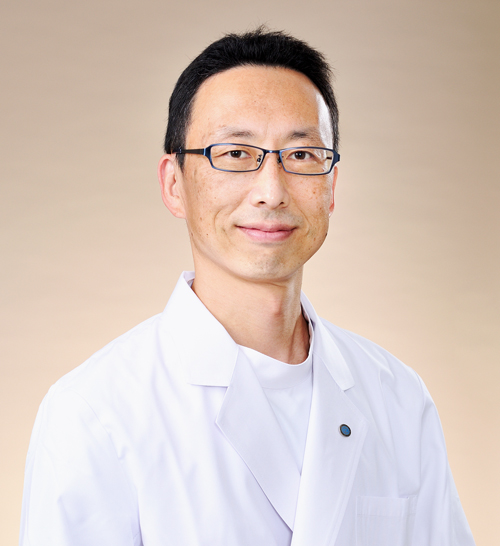Message from the Director of the Department
Everybody wants to be free from dental caries and gum disease forever. Our clinic strives to help in the prevention of such oral diseases, maintain good oral function, and ultimately achieve a healthy life. What is the best way to avoid drilling whole teeth or pulling them out?
We will provide the most appropriate prophylactic methods both in terms of better oral health and healthier lifestyle which engender better QOL.

Director, Department of
Preventive DentistryDaisuke Ekuni
Scope of Target Diseases
The target is the oral cavity, aperture of gastrointestinal tract.
Target disease: Hard tissue
- Dental caries (decayed tooth)
- Tooth wear (tooth attrition, abrasion, erosion, abfraction, etc.)
- Dentinal hypersensitivity
Target disease: Soft tissue
- Periodontal disease (a disease that attacks the gum and bone and around the teeth)
- Cancer treatment-related oral mucositis
Other disease
- Halitosis (bad breath)
- Xerostomia (dry mouth)
Features and Description of Medical Care
Dental diseases contributing to tooth loss are mainly dental caries and periodontal disease. Using effective preventive measures such as fluoride usage and prophylactic treatment, we provide adequate oral health management and maintenance care. We meet the patient needs and raise their degree of satisfaction with treatment. Above all, we strive to meet the natural need and desire to preserve teeth as long as possible. Patients are required to visit our clinic every 1–6 months. The effective caries and periodontal prevention promote oral health to a further advanced stage.
Bad breath management: Comprehensive inspection, diagnosis, and treatment will be given.

If you hope for preventive dental treatment of the Okayama University Hospital, then you are recommended to visit a general practitioner first to receive a simple dental examination and a letter of introduction to "Preventive Dentistry Clinic, Okayama University Hospital. Then, please visit our hospital with this letter. Occasionally, we refer you to another clinic in our hospital when we find more severe dental difficulties.
We regard "No treatment is superior to prevention" as a strategy deserving our faith. Please feel free to contact us.

